The Top 5 Mistakes To Avoid When Promoting Your Music
Creating a great song is only step one of your artist journey. Once you have that locked in, the real creative journey begins - the journey of getting your music into the ears of receptive listeners. And as the way people find and consume music changes, independent musicians have to be more strategic than ever when promoting their music. I see far too many artists falling into common traps and pitfalls. And while there are magic shortcuts to building a career the RIGHT WAY, there are certainly a few things you can try to avoid… Save yourself time, money, and frustration by avoiding these top five mistakes when promoting your music.
1) Paid Playlists
Steer clear of paid playlists or other services that guarantee a specific number of streams for a flat fee. While we all want to reach a bigger audience, paying to get on a playlist that doesn’t fit your style will only negatively impact the way the algorithm sees your song’s performance over time, especially when it keeps getting skipped.
Additionally, paying for social proof metrics is not a long-term strategy for promoting your music. This goes for purchasing followers on other social platforms like Instagram and Tik Tok. Promoters, managers, agents, etc. can see right through those tactics by cross-referencing an artist’s engagement numbers on other platforms or looking into your tour history. Instead, put your money and effort into understanding and locating the people that actually find value in following you. Or, maybe work on giving them something worth following in the first place…
2) Boosting Posts
Meta algorithms can feel like a mystery, and they make it difficult to ensure your followers are seeing all of your posts. It can be tempting to use “paid traffic” to reach more of your community when promoting your music. If you want to experiment with paid advertising, be sure you’re doing it through Facebook Ad Manager, not just the quick touch “Boost Post” button in your feed.
A boosted social post is a post that you can apply money to in order to boost it to an audience of your choosing. You’re basically throwing money away because boosted posts don’t offer nearly the same level of visibility and customization as paid ads. They will not get you any closer to your goals.
With paid ads, you have the ability to test creative styles, experiment with target audiences, and analyze reporting metrics. The value of running paid ads is understanding audience behavior and the feedback you’ll get from engagement metrics. You’ll have a stronger grasp on who is responding and have the ability to retarget them or find other audiences with similar interests.
If you don’t have time to set up ad campaigns the right way, I’d suggest outsourcing it to someone that understands what they’re looking for and how to tailor the ads that you’re running.
3) Lacking Patience
Many independent artists make the mistake of rushing to release a song or album without a plan in place. Don’t fall victim to thinking that if you release it, engagement will appear out of thin air. You’re not Taylor Swift, so a surprise album drop on a random Tuesday is not going to impress the algorithm gods, press outlets, or other tastemakers that have no idea it's coming.
Have patience. Give yourself the time to put together a comprehensive development plan and timeline for the release, so you’re not panicking when nobody streams the song on day one.
4) Thinking New v. Thinking Best
Your newest song might not be your best asset when promoting your music. If an old song has worked before, it can work again, especially if your primary goal is to find potential new listeners. When you’re selecting media to use for ad campaigns, sometimes the song or video that has already proved itself to be popular organically can help you eliminate some variables and avoid your own creator bias.
5) Sitting On Music
Stop sitting on your music because you’re hoping to shop it to a label or manager that will facilitate some overnight break with it. The perfect opportunity will never come, and music industry professionals are aware of this. You have to start the fire yourself. Take the initiative and start testing out what material resonates with people. That information will be far more enticing and valuable to future team members than unreleased potential that’s been collecting dust in your hard drive.
If you found this helpful, you can find more music promotion and career growth tips here. Looking for one-on-one advice? Schedule a call with me.


